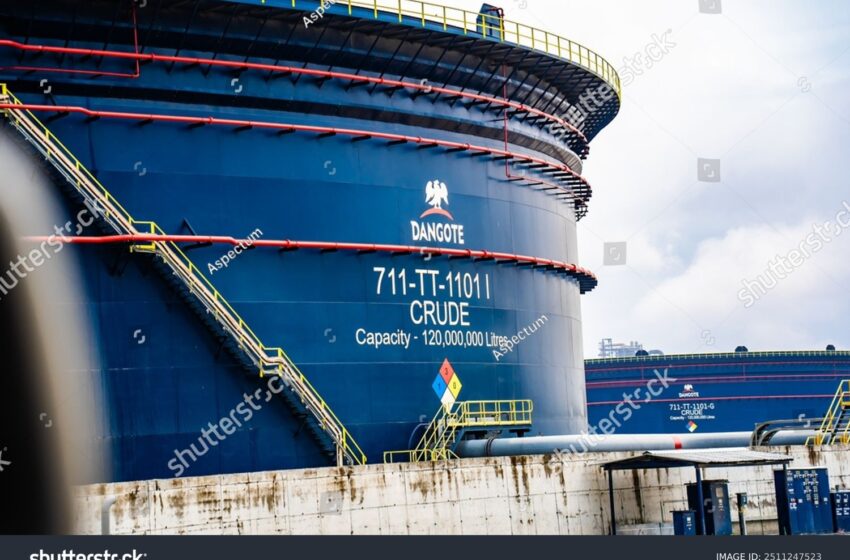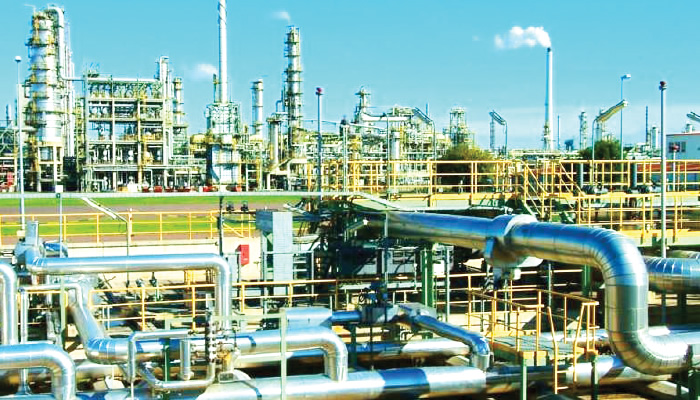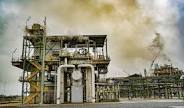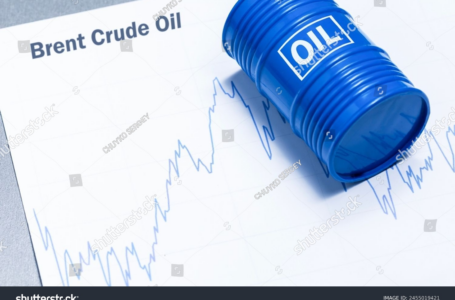Dangote calls for African refining hub to reduce dependence on imported petroleum products

The Chief Executive Officer of Dangote Group and Refinery, Mohammed Aliko Dangote, has emphasized the need for Africa to develop a refining hub to harness its potential and reduce dependence on imported petroleum products.

Speaking at the landmark conference to explore the development of a West African Refined Fuel Market, organise by the Global Commodity Insights (S&P Global), in collaboration with NMDPRA, on building an African refinery hub, Dangote highlighted the continent’s vast oil reserves and the potential for economic growth through local refining.
According to Dangote, Africa produces approximately 7 million barrels of crude oil per day but refines only 40% of its domestic consumption.
The continent imports over 120 million tonnes of refined petroleum products annually, resulting in a $90 billion market opportunity being captured by regions with surplus refining capacity.
Dangote identified three broad categories of challenges that hinder Africa’s refining capacity: technical, commercial, and contextual. He cited the complexity of building a world-class refinery, securing crude feedstock, transporting it, and selling refined products in a fragmented market with different fuel specifications.
The Dangote Refinery CEO also highlighted the issue of dumping cheap, often toxic, petroleum products, which creates an unlevel playing field for local producers. He urged governments across Africa to take deliberate steps to protect domestic producers from unfair competition, just as the U.S., Canada, and the EU have done.

Dangote emphasized the need for policy alignment, regional cooperation, and strong political will to dismantle obstacles to refining capacity development. He cited the example of the offshore Lome floating market, which he described as a uniquely African phenomenon that prevents refineries from emerging.
Despite these challenges, Dangote remains optimistic about the opportunity for Africa to develop its refining capacity. He cited the success of the Dangote Refinery, which has become a net exporter of refined petroleum products, polypropylene, and urea.
In his good will message, the Chairman of the House Committee on Petroleum Resources (Downstream), Hon. Ikeagwuonu Ugochinyere, hailed the Petroleum Industry Act (PIA) of 2021 as a landmark legislation that has transformed Nigeria’s energy sector.
Ugochinyere commended the Nigerian Midstream and Downstream Petroleum Regulatory Authority (NMDPRA) for its outstanding performance in implementing the PIA.
According to Ugochinyere, the NMDPRA has achieved significant milestones, including attracting $1.2 billion in modular refinery investments, reducing cross-border fuel smuggling by 35%, and increasing Compressed Natural Gas (CNG) conversion capacity by 2,500%. He also noted that the Authority’s Automated Downstream System (ADS) has replaced manual compliance processes with transparent digital systems.
Ugochinyere praised the leadership of NMDPRA’s CEO, Engineer Farouk Ahmed, describing him as a “steady hand in a transformative era.” He also commended the partnership between NMDPRA and S&P Global Commodity Insights, which has improved price transparency, data analytics, and market efficiency.

The lawmaker emphasized the importance of collaboration and policy foresight in navigating global challenges, including geopolitical uncertainties, supply chain disruptions, and climate-related pressures. He urged stakeholders to build lasting partnerships and commit to outcomes that drive progress in the energy sector.
He also warned against calls for the dissolution of the Boards of NUPRC and NMDPRA, describing them as “unacceptable” and “an insult to the very spirit of reform that gave birth to the PIA.” He expressed confidence in the leadership of both regulatory bodies and urged stakeholders to respect the sanctity of tenureship as enshrined in the PIA.






